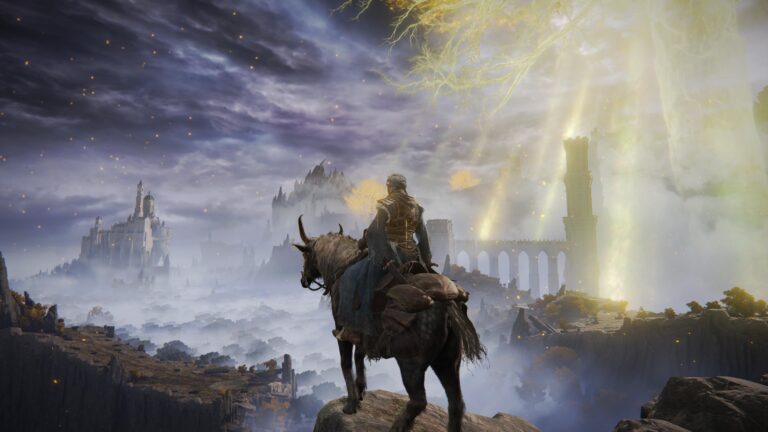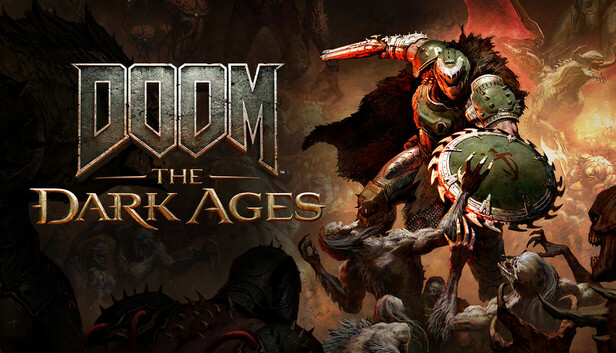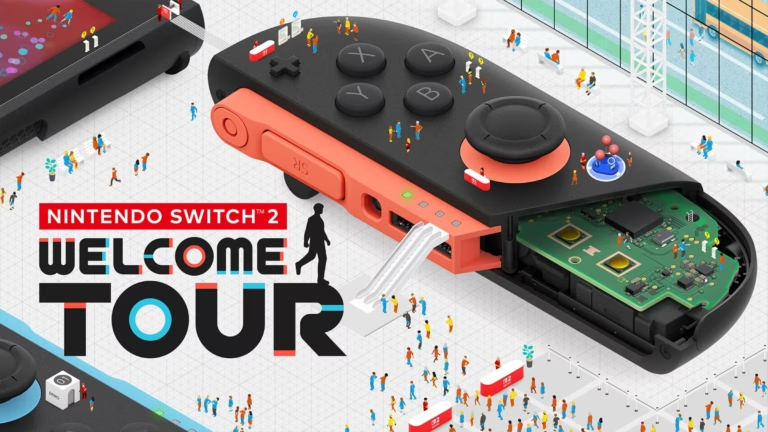Game data not found.
Story
Fallout: Brotherhood of Steel takes place in the post-apocalyptic world of the Fallout universe, a setting defined by its retro-futuristic aesthetic and the aftermath of a devastating nuclear war. Departing from the role-playing mechanics of its predecessors, this action RPG centers around a new narrative that delves deep into the lore of the Brotherhood of Steel, a technologically advanced faction trying to restore order in a chaotic world.
The story begins with the player assuming the role of an Initiate, a recruit of the Brotherhood of Steel, tasked with tracking down a missing Paladin in the town of Carbon. As the plot unfolds, players discover that the town is plagued by raiders and mutants, providing the perfect backdrop for the game’s gritty and intense storyline. The player’s journey reveals the Brotherhood’s struggles against various factions, including hostile raiders and the nefarious military organization known as the Calculator.
The narrative is driven by a series of missions that explore themes of survival, loyalty, and the moral complexities of leadership and power. Unlike previous Fallout games, Brotherhood of Steel presents a linear storyline, focusing more on immediate action and combat rather than open-world exploration and dialogue-heavy interactions. Despite its straightforward approach, the game successfully immerses players in a world filled with danger and intrigue, maintaining the franchise’s signature post-apocalyptic charm.
Gameplay
Fallout: Brotherhood of Steel offers a distinct departure from the traditional RPG mechanics of its predecessors. Embracing an action RPG style, the game emphasizes real-time combat and character progression through experience points and skill upgrades. Players have the option to choose from three distinct characters: Cyrus, a former Raider; Nadia, a resourceful wanderer; and Cain, a ghoul seeking redemption. Each character brings unique abilities and backstories, adding depth and variety to the gameplay experience.
Combat and Exploration
The game’s real-time combat system is a significant shift from the turn-based strategy found in earlier titles. Players engage in battles using a mix of melee and ranged weapons, navigating through levels filled with enemies and environmental hazards. The combat is fast-paced and requires quick reflexes, offering a more visceral and immediate interaction with the game’s world.
Exploration is somewhat linear, with players progressing through levels designed to guide them from one objective to the next. While this limits the open-world feel typical of the Fallout series, it ensures a focused and action-packed experience. Each level is populated with various enemies, from raiders to mutants, each requiring different strategies and tactics to defeat.
Character Development
Character development in Fallout: Brotherhood of Steel is achieved through experience points, which players earn by defeating enemies and completing missions. These points can be used to enhance various attributes and skills, allowing for some customization of playstyle. Whether focusing on strength and melee combat or agility and ranged attacks, players can tailor their character’s abilities to suit their preferred combat approach.
Weapons and armor play a crucial role in character progression, with a wide array of equipment available for acquisition and upgrade. From iconic Fallout weapons like the Plasma Rifle to new additions such as the Flamer, players can arm themselves with an arsenal fitting the post-apocalyptic setting.
Graphics and Sound
Released in 2004 for PlayStation 2 and Xbox, Fallout: Brotherhood of Steel showcases a graphical style distinct from its predecessors. The game adopts a 3D isometric perspective, allowing for detailed character models and environments that capture the gritty, decayed beauty of its setting. While it may not match the graphical fidelity of later entries in the series, it effectively conveys the atmosphere of a world ravaged by nuclear war.
The sound design complements the visual presentation, featuring a soundtrack that blends gritty industrial tracks with atmospheric ambient music. This combination enhances the game’s tension and immersion, drawing players further into the desolate world they are exploring. Voice acting is present throughout the game, with characters delivering lines that add personality and depth to the narrative.
Legacy and Reception
Fallout: Brotherhood of Steel received mixed reviews upon release, with critics praising its attempt to explore new gameplay mechanics but noting its departure from the core elements that defined the Fallout series. The game’s focus on action and its linear structure were points of contention for fans accustomed to the open-world exploration and intricate storytelling of previous entries. Despite these criticisms, the game carved out its own niche within the Fallout universe, offering a unique take that appealed to players seeking a more combat-oriented experience.
The game is often remembered as an experimental branch of the Fallout franchise, representing an era where developers sought to expand the series’ appeal to console audiences. While it may not have achieved the same level of acclaim as other titles in the series, it contributed to the ongoing evolution of the Fallout universe, paving the way for future experimentation and innovation.
Conclusion
Fallout: Brotherhood of Steel stands as a distinctive entry in the beloved Fallout franchise, offering a gameplay experience that diverges from the series’ traditional RPG roots. Its focus on action-packed combat and linear storytelling provides a fresh perspective on the post-apocalyptic world, appealing to players who enjoy fast-paced gameplay with a hint of role-playing elements.
Although it faced criticism for straying from the open-world exploration and complex narratives that define the Fallout series, Brotherhood of Steel remains a noteworthy chapter in the franchise’s history. It serves as a testament to the developers’ willingness to explore new directions and audiences, contributing to the rich tapestry of stories that make up the Fallout universe.
In the grand scheme of the Fallout series, Brotherhood of Steel may not be the most celebrated entry, but its impact is undeniable. It highlights the diverse potential of the Fallout universe, proving that even within a well-established franchise, there is room for innovation and experimentation.















